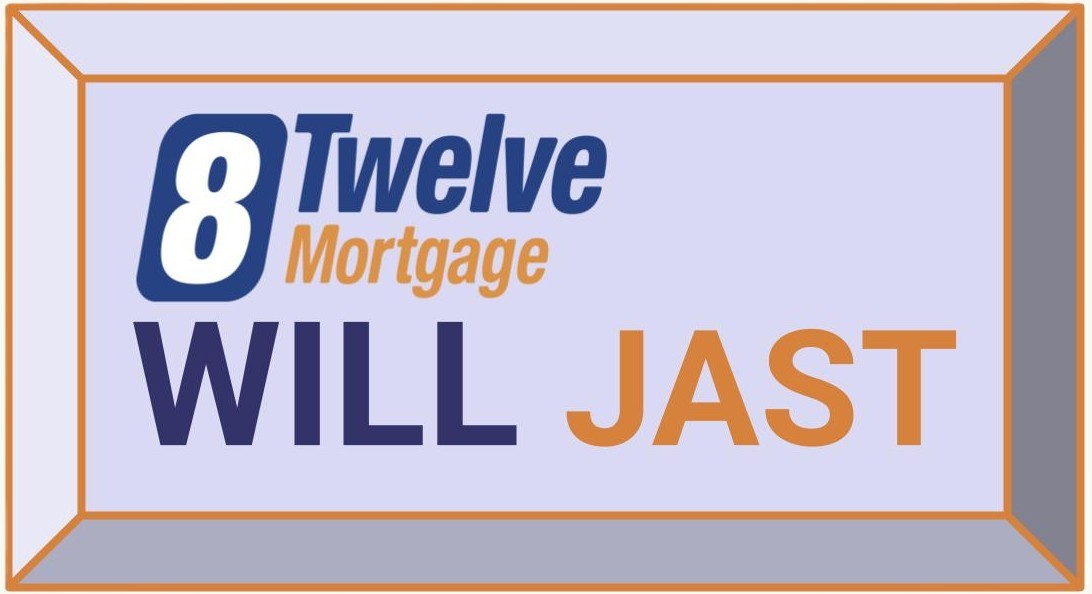Mastering Debt Management
Effective Strategies to Achieve Financial Freedom

Struggling with poor credit can feel overwhelming, but effective debt management is a powerful step toward regaining financial stability.
In this guide, I’ll share key strategies and techniques to help you take control of your finances and improve your credit score over time.

Top Debt Management Strategies to Regain Financial Stability
Effective Techniques to Improve Your Credit and Take Control of Your Finances
1. Create a Realistic Budget
- Establish a Solid Foundation:
Track all your income and expenses to understand exactly where your money goes each month. - Categorize Expenses:
Divide your expenses into “needs” and “wants” to identify areas where you can cut back. - Redirect Savings:
Use the savings from reduced expenses to pay off your debts faster.
2. Choose Between Debt Snowball and Debt Avalanche Methods
- Debt Snowball Method:
Focus on paying off your smallest debts first while making minimum payments on others. This provides quick wins that boost your motivation. - Debt Avalanche Method:
Prioritize paying off debts with the highest interest rates first, saving you more money on interest over time. - Select the Right Approach:
Choose the method that best aligns with your personality and financial goals.
3. Negotiate with Your Creditors
- Open Communication:
Reach out to your creditors to discuss your financial situation. - Possible Adjustments:
They may lower your interest rates, waive fees, or offer a more manageable payment plan. - Proactive Resolution:
Prevent your financial situation from worsening by showing creditors you’re committed to resolving your debts.
4. Consider Debt Consolidation
- Simplify Payments:
Consolidate multiple debts into a single loan, ideally with a lower interest rate. - Options Available:
Personal loans or balance transfer credit cards can be effective tools. - Benefits:
Easier management of payments and reduced total interest over time.
5. Explore a Debt Management Plan (DMP)
- Professional Assistance:
Work with a credit counseling agency to consolidate your unsecured debts into one monthly payment. - Negotiated Terms:
Agencies can secure lower interest rates or waive fees on your behalf. - Affordable Payments:
Streamline your payments, making them more manageable.
6. Avoid Accumulating New Debt
- Stay Debt-Free:
Refrain from taking on new debt while paying off existing obligations. - Control Spending:
Avoid using credit cards for non-essential purchases and limit borrowing until your finances stabilize.
7. Leverage Windfalls Wisely
- Use Extra Funds:
Apply any unexpected money, such as tax refunds, work bonuses, or cash gifts, directly to your debt. - Accelerate Repayment:
Reduce your balances faster and decrease the amount of interest owed.
8. Monitor Your Progress Regularly
- Track Achievements:
Keep an eye on your debt repayment progress and celebrate small milestones. - Stay Motivated:
Regular monitoring helps maintain your commitment to financial goals.
9. Seek Professional Credit Counseling
- Personalized Advice:
A credit counselor can review your financial situation and help create a realistic budget. - Recommended Solutions:
Receive expert recommendations, such as a Debt Management Plan, tailored to your needs.
10. Utilize Financial Tools and Resources
- Stay Organized:
Use budgeting apps, debt calculators, and online resources to manage your finances effectively. - Track Progress:
These tools help you stay on top of your debt reduction journey and maintain focus on your goals.
11. Increase Your Income
- Boost Earnings:
Consider taking on a part-time job, freelancing, or monetizing a hobby. - Apply Extra Income:
Use the additional earnings to pay down your debt faster, reducing overall balances.
12. Cut Unnecessary Expenses
- Review Spending:
Identify and eliminate non-essential costs, such as unused subscription services or frequent dining out. - Find Alternatives:
Look for more affordable options for certain products and services to save money.
13. Build an Emergency Fund
- Prevent New Debt:
Set aside even a small emergency fund to cover unexpected expenses. - Avoid Reliance on Credit:
This helps you manage surprises without accumulating new debt.
14. Stay Educated About Personal Finance
- Enhance Financial Literacy:
Read books, attend workshops, or follow reputable personal finance blogs and podcasts. - Make Informed Decisions:
The more you know, the better equipped you are to make smart financial choices.
Take Charge of Your Financial Future
Remember, managing debt is a journey that requires time and persistence.
By embracing these strategies, you can significantly improve your financial situation and start building better credit for the future.
Stay committed to your goals, and don’t hesitate to seek support when needed.
Every step you take brings you closer to financial freedom and a more secure future.
